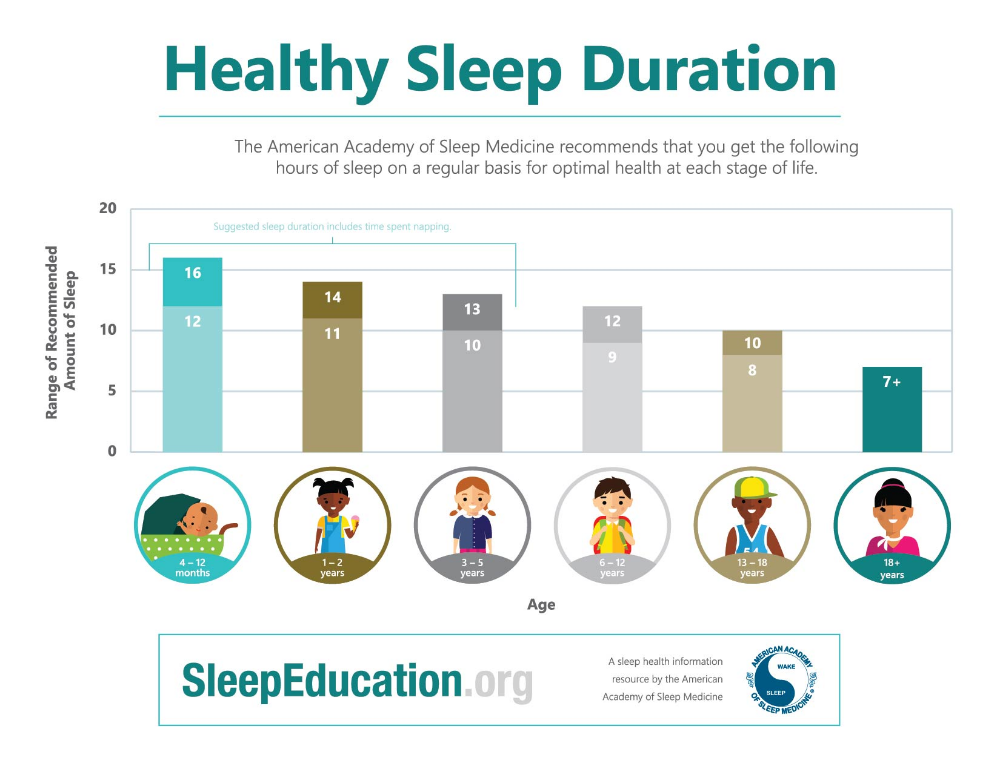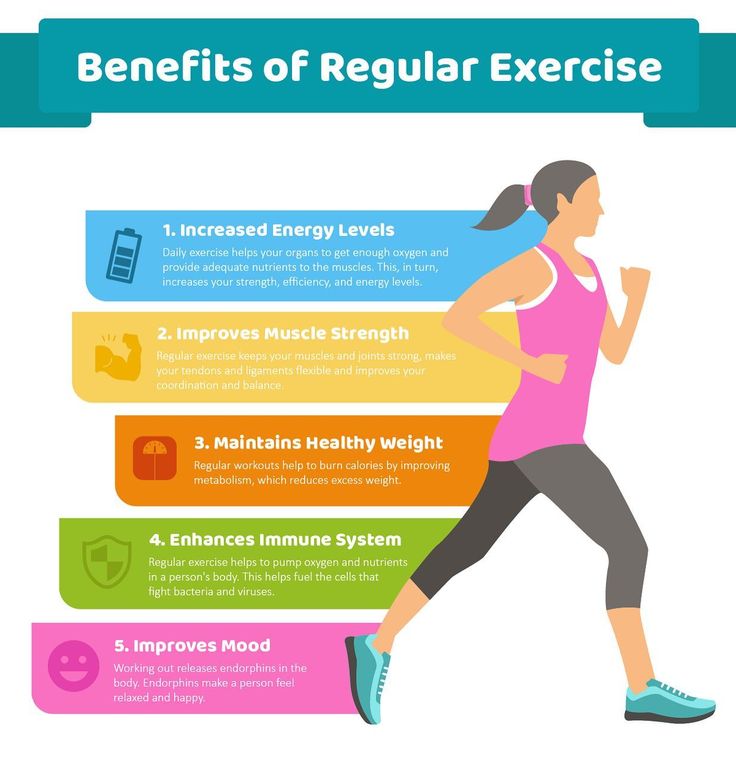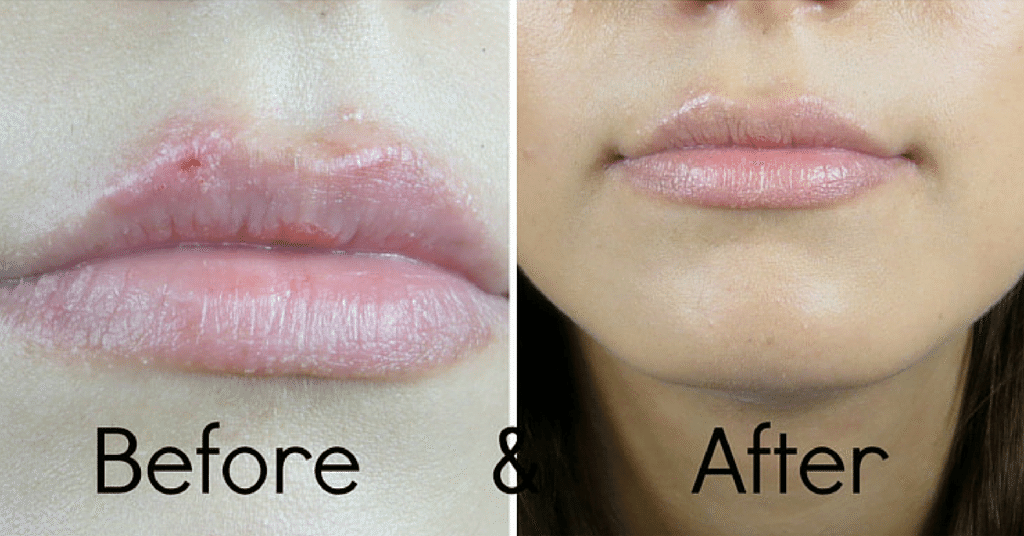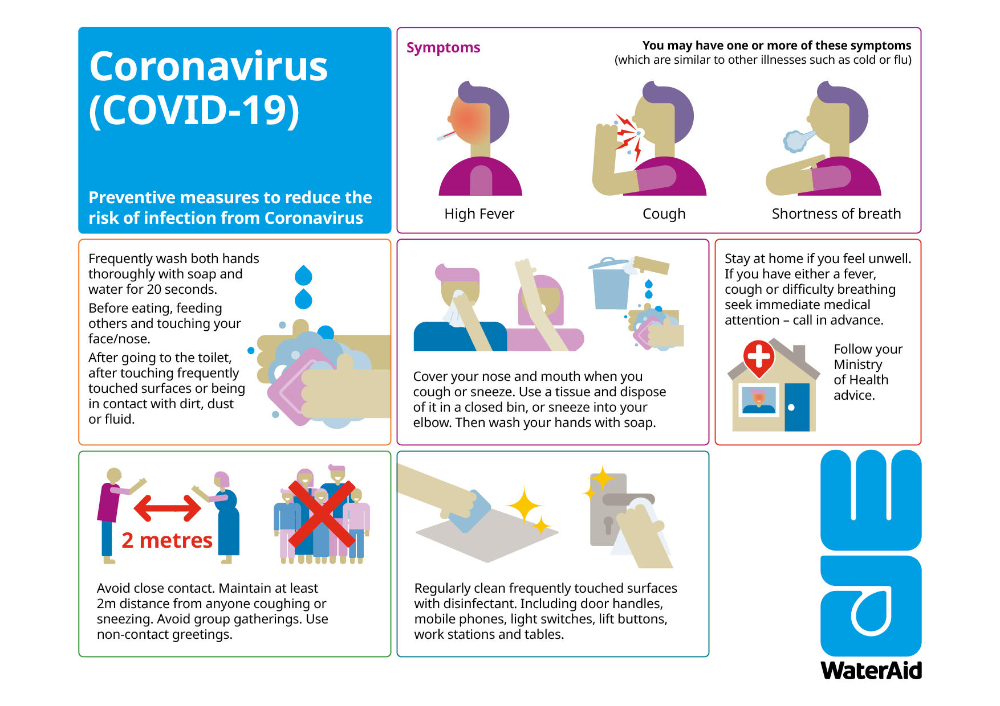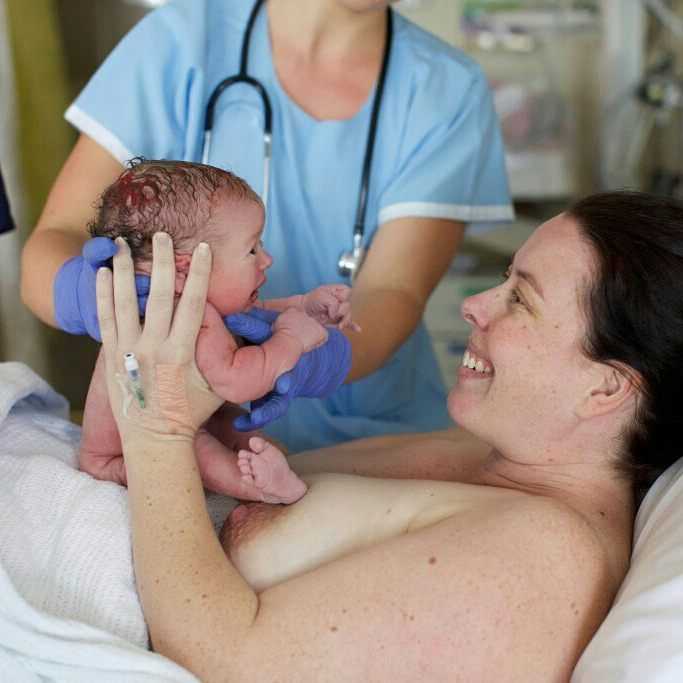8 week infant
Your baby: 8 weeks old
The start of babblingDo you have a talker on your hands? By eight weeks, your baby can not only coo and gurgle but also respond to you! Try talking to your baby and pause for a response and they will learn to jump into the flow of chatter. But your baby may start the conversation, too—see what happens when you respond to your baby’s coos instead of the other way around. Did a whole new conversation start? And it’s not just their voice they’re practising! Look for crinkled eyes, a tilted head and other signs that your baby has been watching you and learning social cues. Unbelievable to see it so soon, isn’t it?
Baby gigglesIf you haven’t seen them yet, your baby’s first giggles may be heard soon, and that’s enough to warm the heart of any sleep-deprived mama buried in laundry. The first giggles often come in response to physical stimuli: raspberries on the belly, bicycled legs, nibbles on the neck. But it’s just the start of the best sound in the world: baby laughter. There’s no greater joy than when something funny, surprising or even kind of ordinary sparks a happy reaction in your baby.
Sleeping and eating continue toward a pattern, with longer stretches of sleep and a longer period between feedings. If you’re struggling to get your baby to stop nursing every time you sit down with them in your arms, you may have to stop sitting down with them in your arms. Changing your routine and avoiding feeding cues, like your favourite nursing chair, may help distract a baby who loves to snack. And stretching out your baby’s mealtimes can help them eat more and last longer before getting hungry—a virtuous circle that will give you both more time to play.
Gassy babyWhat if you have a baby that tends to overflow? Spitting up is common and can last for much of baby’s first year.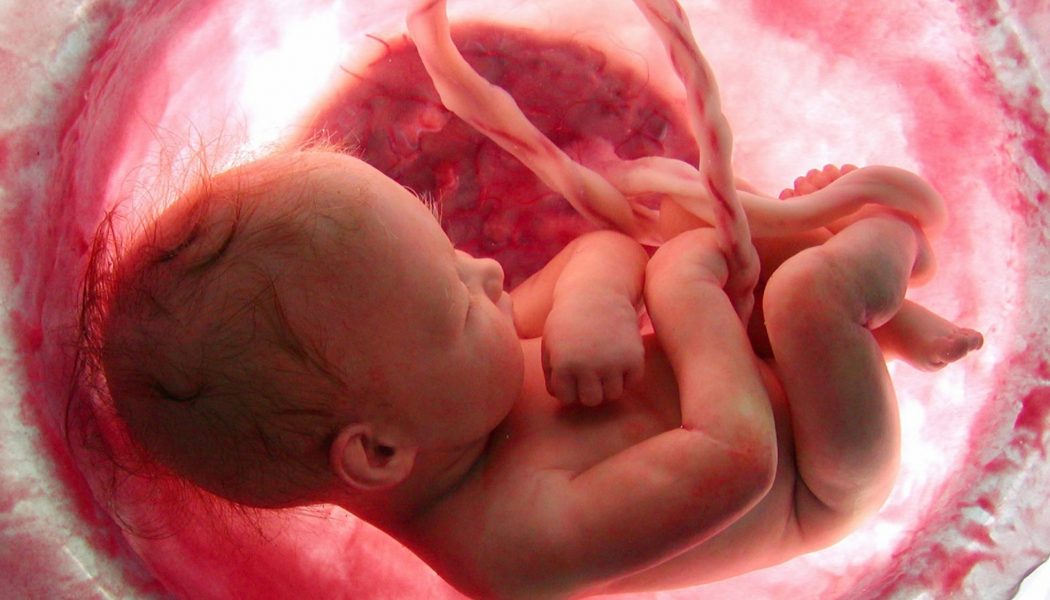 While that’s not necessarily a problem, it can be a pain (the aforementioned laundry) and there are ways to help limit the mess. Burping often rather than just at the end of a feeding will help, and changing feeding positions can work, too. The best trick of all may be to avoid overfilling your baby’s tummy, which means stopping a feeding a few minutes or a few millilitres before your baby is completely full. It takes practice to find the right balance, and you should talk to your doctor and visit a local breastfeeding clinic for tips if you’re concerned.
While that’s not necessarily a problem, it can be a pain (the aforementioned laundry) and there are ways to help limit the mess. Burping often rather than just at the end of a feeding will help, and changing feeding positions can work, too. The best trick of all may be to avoid overfilling your baby’s tummy, which means stopping a feeding a few minutes or a few millilitres before your baby is completely full. It takes practice to find the right balance, and you should talk to your doctor and visit a local breastfeeding clinic for tips if you’re concerned.
A newborn baby boy, eighteen days old, cries in his dad's hands." height="248Have you hashtagged your baby yet? Started an Insta account for them? Or have you sworn off posting your baby’s pics on your Facebook page? Parenting in the age of social media is a series of choices (and likes, shares and filters). Some parents are OK with sharing far and wide, while others are worried about their children’s safety and privacy. Read more about the debate, as well as the etiquette of humble-bragging, tagging, trolling and oversharing your baby’s intimate details.
Some parents are OK with sharing far and wide, while others are worried about their children’s safety and privacy. Read more about the debate, as well as the etiquette of humble-bragging, tagging, trolling and oversharing your baby’s intimate details.
You may have recovered physically from giving birth, but you could also be psychologically scarred by what happened. Traumatic birth stories go beyond the merely embarrassing and unpleasant memories of the delivery room. If you’re still reliving or feeling awful about how close you and your baby came to serious injury or death, you need to talk to someone about your experience. With post-traumatic (childbirth) stress disorder (PTSD) or postpartum PTSD, sufferers may have flashbacks and hallucinations and feel fear, helplessness or horror related to giving birth. Here’s more about why it’s important to connect with other moms and find therapy to help you come to terms with what happened.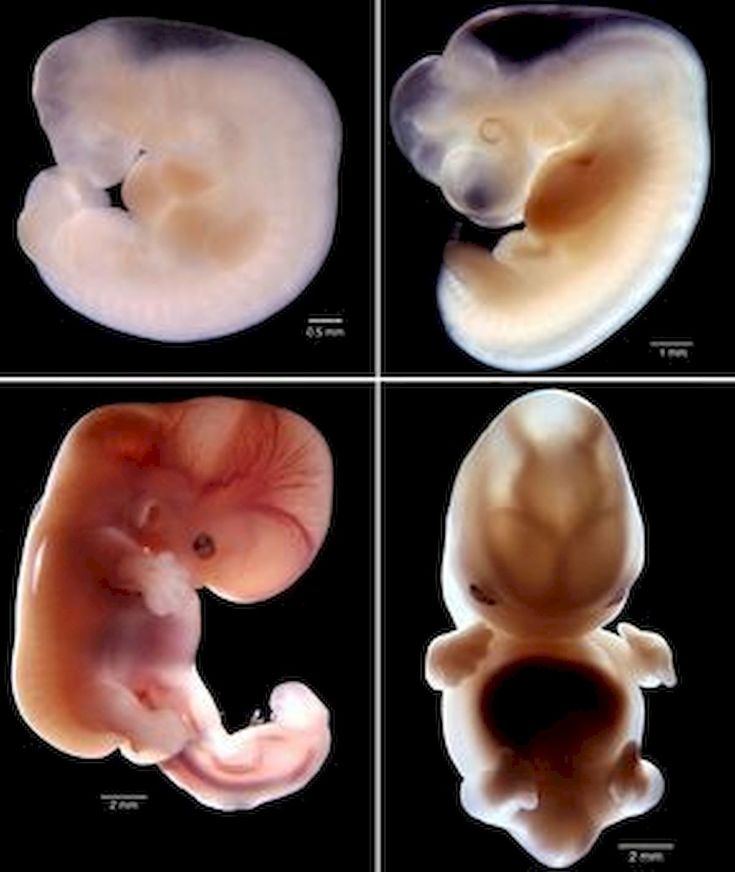
Your baby’s first fever can be scary, but it’s biology’s way of fighting a bacterial or viral infection. Babies six months or younger should always be seen by their doctor during a fever. Here’s more advice on when to worry and what to do.
Just for funBaby-name regret?Pressured into a name you never really liked? Rethinking Rufus now that the neighbour’s dog comes when you call? You’re not alone. Whether you deliberated for nine months or crowdsourced your baby’s name after the birth, having second thoughts is not uncommon. Experts say that switching earlier is better than later, before your baby knows the difference.
Monthly baby-photo ideasIf you’re one of the many mamas who takes weekly or monthly baby photos, you might be tired of the blocks and bears by now or looking for something a little more creative than the corner of the couch? Here are some tips for better milestone snaps.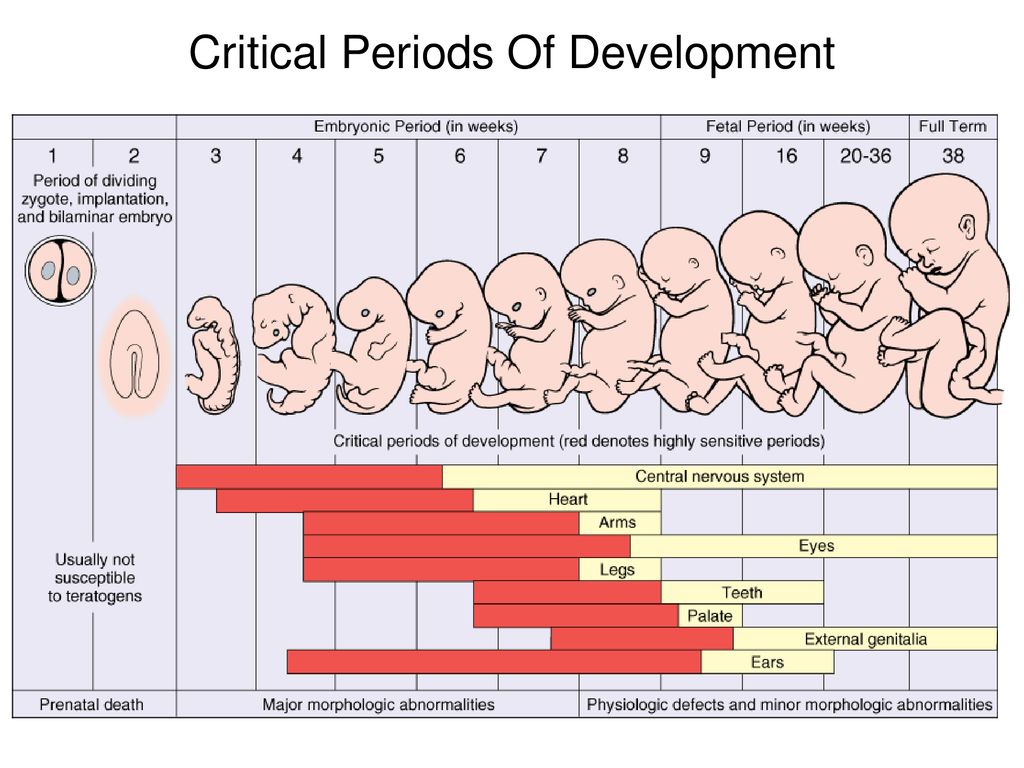
7 milestones for parents of two
1. Multi-tasking
Bathing your preschooler with one hand while changing the baby’s diaper explosion or jiggling the bouncer chair with the other: That’s some Olympic-level ninja parenting right there.
8-Week-Old Baby Milestones – Happiest Baby
By Dr. Harvey Karp, MD, FAAP
Your baby is about 2 months old! It’s too soon to break out the cake, but you should celebrate, nonetheless. In the past eight weeks, you’ve gone from meeting for the first time to being unable to imagine life without your little love.
8-Week-Old Baby Sleep
Your 8-week-old baby probably racks up about 13 to 14 hours of sleep total these days. Your early bird likely starts their day around 6am and takes about three to five naps a day, totaling about four to eight hours of daytime sleep with wake windows of about an hour to two hours between each sleep session. At night, 8-week-olds start to sleep longer, potentially clocking five- to eight-hour stretches (though they still will wake for a feeding or two!).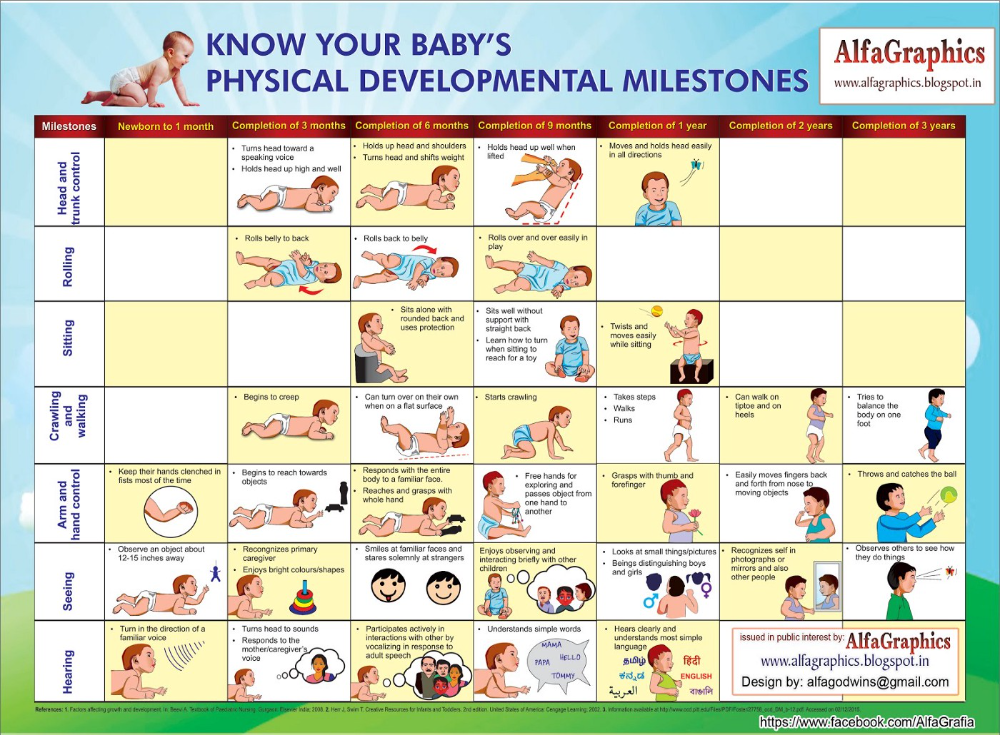
8-Week-Old Sample Sleep Schedule
Every baby’s routine will be different, but here is an example of what an 8-week-old baby’s sleep schedule might look like.
6am Wake Up
6:30–7:30am Nap #1
9–11am Nap #2
12:30–2:30pm Nap #3
4–6 pm Nap #4
7–8pm Nap #5
9:30pm Bedtime Routine
10pm Night-Night
11:30pm Dream Feed
2:30am Night Feed
8-week-old baby sleeping more than usual?
Around this age, many babies start consolidating their sleep, so you might notice longer sleep stretches at night (especially if they’re using SNOO!). At the same time, they’re feeding less frequently than they did when they were first born, which allows for extended shut-eye. This is generally a development to cheer, but if you have any concerns, of course, don’t hesitate to call your pediatrician.
Your 8-Week-Old Baby’s Development
Roll, baby, roll!
If your baby has been hitting the tummy time gym hard, they may surprise you with a 360-degree swivel—like the hands of the clock, pivoting the location of their head and feet around the belly button—or a full back-to-stomach roll over. Yay! Rocking and rolling from their tummy to back is a first step on the track to crawling, walking, and running.
But this new ability can also introduce some first accidents, like falling off the bed. Even when you thought you safely placed the baby in the middle of the bed…three rolls in a row can end with a terrible “thud”…and your baby shrieking on the floor!
Also, rolling means you need to stop swaddling soon. Proper swaddling—arms in—can make it harder for a baby to roll over and reduce the risk of SIDS, so it can be the safest thing for your baby. And, if your baby is in SNOO, you can rest easy knowing that our special swaddle prevents risking rolling, allowing babies to sleep longer, cry less, and continue enjoying the swaddling they love.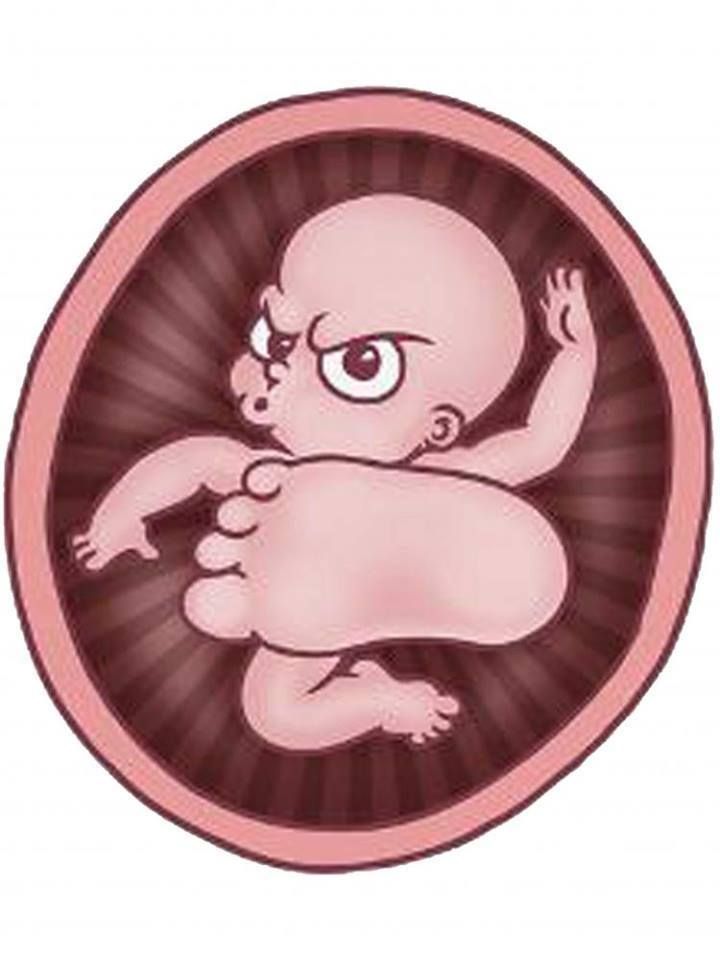 However, rolling to the stomach when swaddled can immediately raise the risk of SIDS! So, if you’re not using SNOO, once your baby can roll, it’s time to check in with your doctor to see when they recommend you stop swaddling.
However, rolling to the stomach when swaddled can immediately raise the risk of SIDS! So, if you’re not using SNOO, once your baby can roll, it’s time to check in with your doctor to see when they recommend you stop swaddling.
8-Week-Old Baby Milestones
As you approach the 2-month mark, your doctor will likely have you keep an eye out for these baby milestones. Below are the milestones that most babies achieve by the end of their third month. But remember, every baby is different. So, if you are ever concerned about your baby’s development, don’t hesitate to bring it up with your child’s health care provider.
2-Month Social and Emotional Milestones
- Smiles when you talk or smile at them
- Calms when spoken to or picked up
- Looks at parent(s)
- Seems happy to see you when you approach
2-Month Language Milestones
- Makes sounds other than crying
- Reacts to loud noises
2-Month Cognitive Milestones
- Watches as you move
- Looks at a toy for several seconds
- Can hold head up when on belly
- Moves both arms and both legs
- Briefly opens hands
Your 8-Week-Old Baby’s Health
The 2-Month Check-Up
If you’re eager to learn just how much your baby has grown, you’ll have a chance at the 2-month checkup.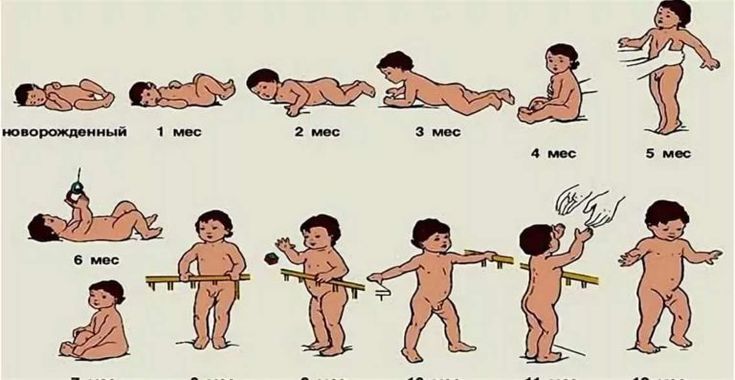 Leading up to your baby’s 2-month checkup, you’ve probably been compiling a list of questions. But isn’t it funny how those questions can escape you when you’re put on the spot? It can really help to write down your concerns before the appointment.
Leading up to your baby’s 2-month checkup, you’ve probably been compiling a list of questions. But isn’t it funny how those questions can escape you when you’re put on the spot? It can really help to write down your concerns before the appointment.
At the visit, there will be the fun stuff—like finding out how much your lovebug has grown in length, weight, and head size. The doctor/nurse will also take a close look at your baby’s vision, muscle strength, reflexes, organs (from lungs to liver), and check out the soft spots on the head.
2-Month Vaccines
And super-important (maybe a bit less fun): It’s also time for your baby’s first vaccines. No one (adults included!) likes shots, so prepare to soothe your baby afterward with the 5 S’s, a feeding, or whatever gives comfort. Ask your doctor if you should give some acetaminophen (Tylenol) drops.
Tears aside, this is truly good news! You and your baby are blessed to live at a time when doctors can protect vulnerable little babies from the diseases that used to cripple or kill them by the thousand! Most doctors and the American Academy of Pediatrics recommend that 2-month-old babies get protection from:
- Whooping cough and tetanus (Diphtheria, tetanus, pertussis - DTaP)
- Meningitis and other fatal infections (Haemophilus influenzae type B, also called H flu.
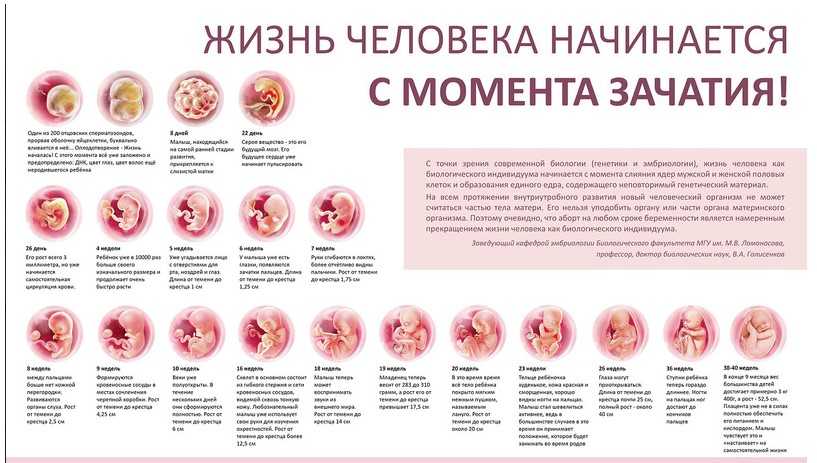 This bad-news infection is not related to the viral infection, influenza.)
This bad-news infection is not related to the viral infection, influenza.) - Pneumonia and ear infections (Pneumococcal)
- Infant paralysis (Polio)
- Severe diarrhea (Rotovirus)
- Hepatitis B (this is the second dose, the first is given at birth)
That’s quite a few, but there are good reasons why that’s exactly the right amount…Vaccines have saved millions of lives and prevented terrible suffering of children and adults! Bottom line, your baby’s immune system is magnificent at protecting against many exposures…all at the same time.
< Your 7-Week-Old Baby | Your 9-Week-Old Baby >
About Dr. Harvey Karp
Dr. Harvey Karp, one of America’s most trusted pediatricians, is the founder of Happiest Baby and the inventor of the groundbreaking SNOO Smart Sleeper. After years of treating patients in Los Angeles, Dr. Karp vaulted to global prominence with the release of the bestselling Happiest Baby on the Block and Happiest Toddler on the Block.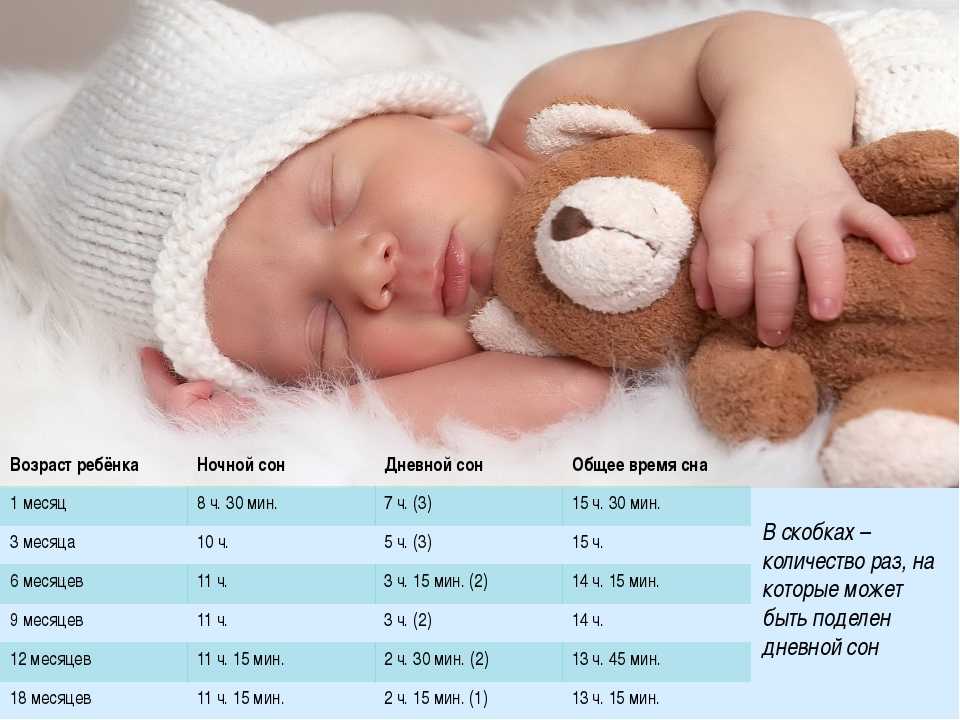 His celebrated books and videos have since become standard pediatric practice, translated into more than 20 languages and have helped millions of parents. Dr. Karp’s landmark methods, including the 5 S’s for soothing babies, guide parents to understand and nurture their children and relieve stressful issues, like new-parent exhaustion, infant crying, and toddler tantrums.
His celebrated books and videos have since become standard pediatric practice, translated into more than 20 languages and have helped millions of parents. Dr. Karp’s landmark methods, including the 5 S’s for soothing babies, guide parents to understand and nurture their children and relieve stressful issues, like new-parent exhaustion, infant crying, and toddler tantrums.
View more posts tagged, milestones
Have questions about a Happiest Baby product? Our consultants would be happy to help! Connect with us at [email protected].
Disclaimer: The information on our site is NOT medical advice for any specific person or condition. It is only meant as general information. If you have any medical questions and concerns about your child or yourself, please contact your health provider.
18th week of pregnancy - what happens, sensations in the abdomen at the eighteenth week of pregnancy, ultrasound and fetal development
WHAT'S HAPPENING
At this time, the development of the child's brain continues, subcutaneous fat gradually accumulates.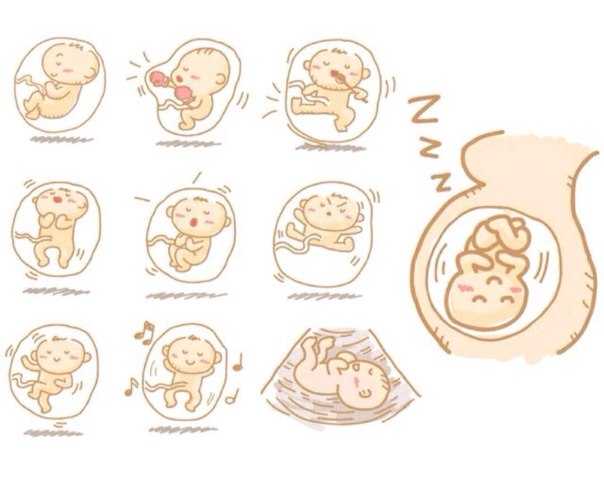 By the end of the 18th week of pregnancy, the external and internal genital organs of the fetus will be fully formed, and during the ultrasound you will be able to find out who has settled in your tummy.
By the end of the 18th week of pregnancy, the external and internal genital organs of the fetus will be fully formed, and during the ultrasound you will be able to find out who has settled in your tummy.
The immune system of the crumbs is also improving: by the 18th week of pregnancy, his body begins to produce interferon and immunoglobulins, designed to protect the baby from infections and viruses.
On the fingers of your crumbs, a pattern has appeared that is unique to him. The rudiments of teeth have formed, the child is able to hear, but the development of the organs of vision has not been completed, but by the 18th week of pregnancy, the baby already distinguishes between light and darkness.
YOUR FEELING
By the 18th week, your weight has increased by about 4-5 kg compared to the “pre-pregnancy” state. Appetite has increased, but if all the desires of the body are followed, there may be a risk of rapid weight gain. Therefore, it is extremely important to eat right.
Some women at a period of 17-18 weeks of pregnancy note a deterioration in vision: flashes of light, flickering, clouding of the picture before the eyes, distortion of the outlines of objects, narrowing of the visible area may occur. For any complaints, you must definitely go to an ophthalmologist, since even the most insignificant symptom can be a sign of a serious complication.
At the 18th week of pregnancy, increased production of melanin continues, which is why more and more dark spots appear on the body. Where the skin is especially delicate (in the armpits, on the neck, under the breasts), papillomas often form. After childbirth, some of them will disappear, but some may remain. And expectant mothers at 18 weeks of gestation are often worried about skin rashes (common acne or raised red plaques). As a rule, they do not require treatment and go away on their own.
As your uterus grows, you may feel pressure in your navel. This is normal and nothing to worry about.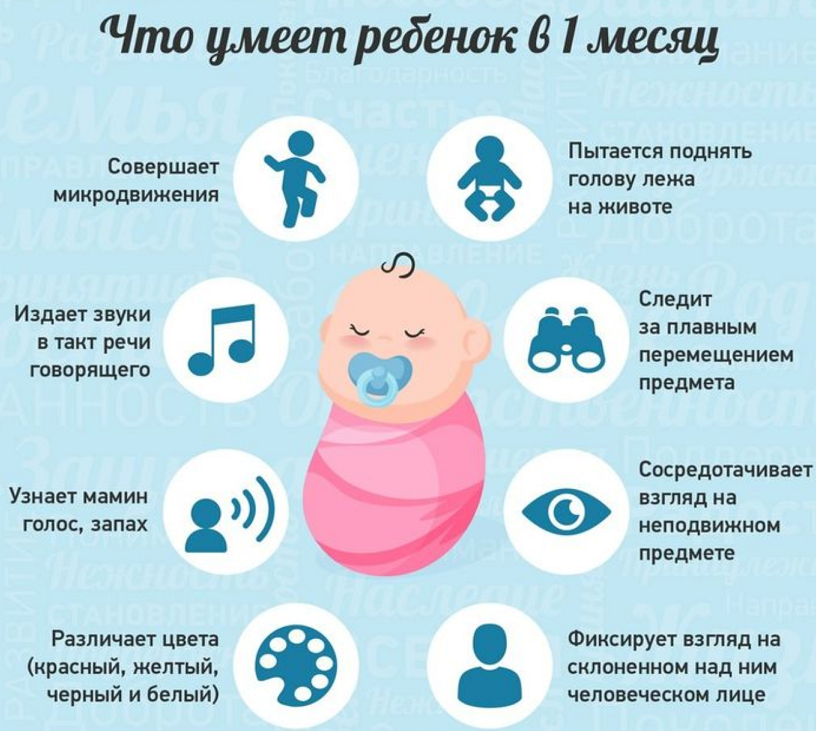 Also at the 17th - 18th week of pregnancy, many women experience discomfort in the lower abdomen. They are similar in nature to menstrual cramps. If you also notice something similar, do not be alarmed: this is how your body prepares for childbirth.
Also at the 17th - 18th week of pregnancy, many women experience discomfort in the lower abdomen. They are similar in nature to menstrual cramps. If you also notice something similar, do not be alarmed: this is how your body prepares for childbirth.
Considerable discomfort at the 17th - 18th week of pregnancy can be caused by pain in the legs and back, especially after physical exertion and long walking. A special bandage will help reduce pain in the back, and so that your legs are not so tired, wear comfortable shoes with low, stable heels. Also, a traditional problem at this time is constipation. You can solve it by introducing foods containing fiber into the diet.
One of the most common complaints in the 18th week of pregnancy is insomnia, which can be caused by a growing belly that prevents the body from getting into a comfortable position. Try to sleep on your right side, using a special pillow for pregnant women or simply placing a soft roller between your legs.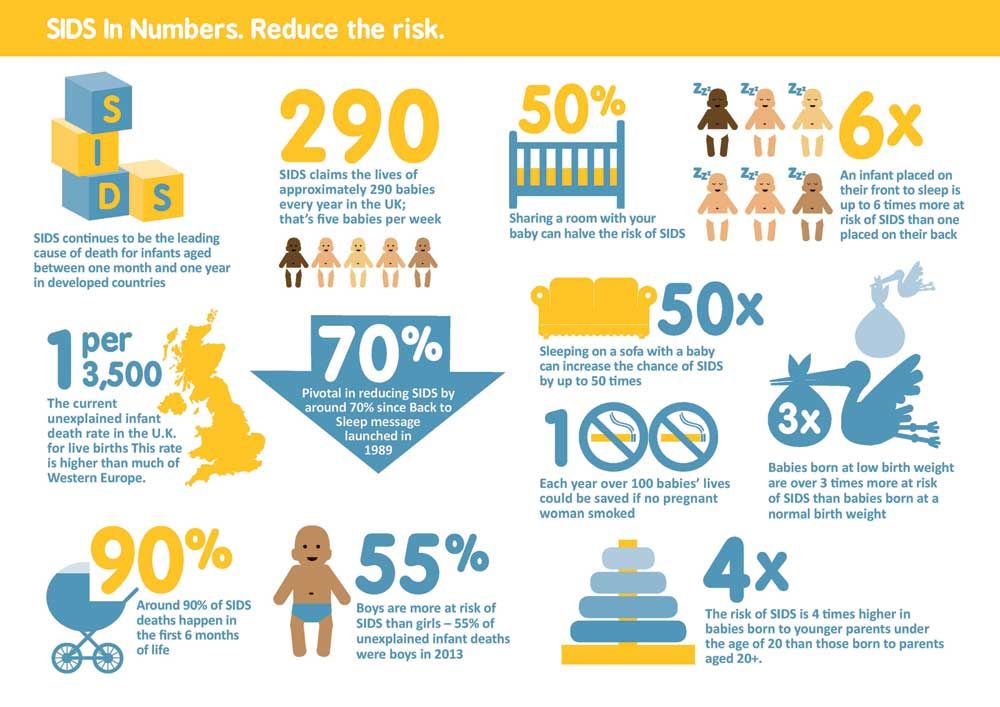
As a rule, breast tenderness decreases by the 18th week of pregnancy, and colostrum is released from the mammary glands. To prevent it from staining your clothes, purchase special breast pads. In no case should it be squeezed out, because stimulation of the nipples can tone the uterus.
RISK FACTORS
If you have already felt your baby moving at the 18th week of pregnancy, it's time to start listening to his behavior. When your little one is awake, track the number of his movements: normally, the fetus moves from 4 to 8 times in one hour. If you notice an excessive activity of the baby when you are 17 - 18 weeks pregnant, this may be a sign of a lack of oxygen entering through the vessels of the placenta. You must inform the doctor about the increased mobility of the baby: the specialist will determine the reason for such activity of the crumbs and give you appropriate recommendations.
A dangerous phenomenon at the 18th week of pregnancy is dizziness, which usually occurs due to a decrease in pressure or a decrease in the amount of hemoglobin in the blood.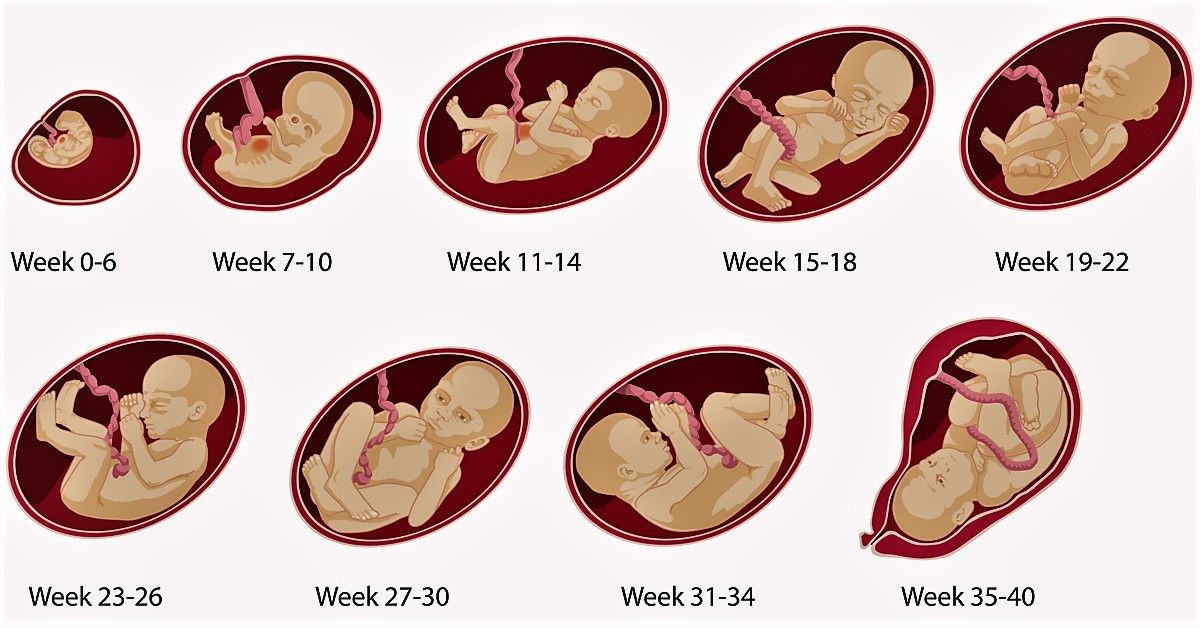 Such conditions of the expectant mother require medical supervision, as there is a risk that one day you may lose consciousness and harm yourself and the child.
Such conditions of the expectant mother require medical supervision, as there is a risk that one day you may lose consciousness and harm yourself and the child.
Like any other period, the 17th - 18th week of pregnancy is a time characterized by the risk of premature birth. If you experience symptoms such as pain in the lower abdomen and lower back, bleeding, contact your doctor immediately.
MEDICAL SUPERVISION
At the 18th week of pregnancy, an ultrasound is usually performed, during which the doctor evaluates the parameters of the growth and weight of the fetus, listens to the heartbeat and determines the sex of the child. At this time, mom must pass urine and blood tests. The first allows you to find out if there are any violations in the work of the kidneys, and the second - to exclude the presence of iron deficiency anemia.
RECOMMENDATIONS
Continue to eat a healthy diet at 18 weeks pregnant. Have a full breakfast, eat a meat dish (beef, rabbit, chicken, turkey) for lunch: protein is needed for the normal development of the fetus. As a light snack, fresh fruits, berries, vegetables, biscuits, unsweetened yogurt without artificial additives are great. To prevent constipation, drink a glass of kefir at night.
As a light snack, fresh fruits, berries, vegetables, biscuits, unsweetened yogurt without artificial additives are great. To prevent constipation, drink a glass of kefir at night.
17 - 18 weeks of pregnancy - the period when the kidneys work in an enhanced mode, so you have to run to the toilet more often. Empty your bladder on time and avoid stagnation of urine: this will help prevent infection.
If you experience dizziness during a sudden change in body position, do not get up immediately after sleep. First, sit on the edge of the bed for a few minutes, and only then you can slowly rise. And if at a period of 18 weeks of pregnancy during the working day you feel tired, try to retire to a secluded place and rest for 10-15 minutes.
Pregnancy and childbirth5th month of pregnancy
The development of the fetus by weeks and its size in the fifth month of pregnancy.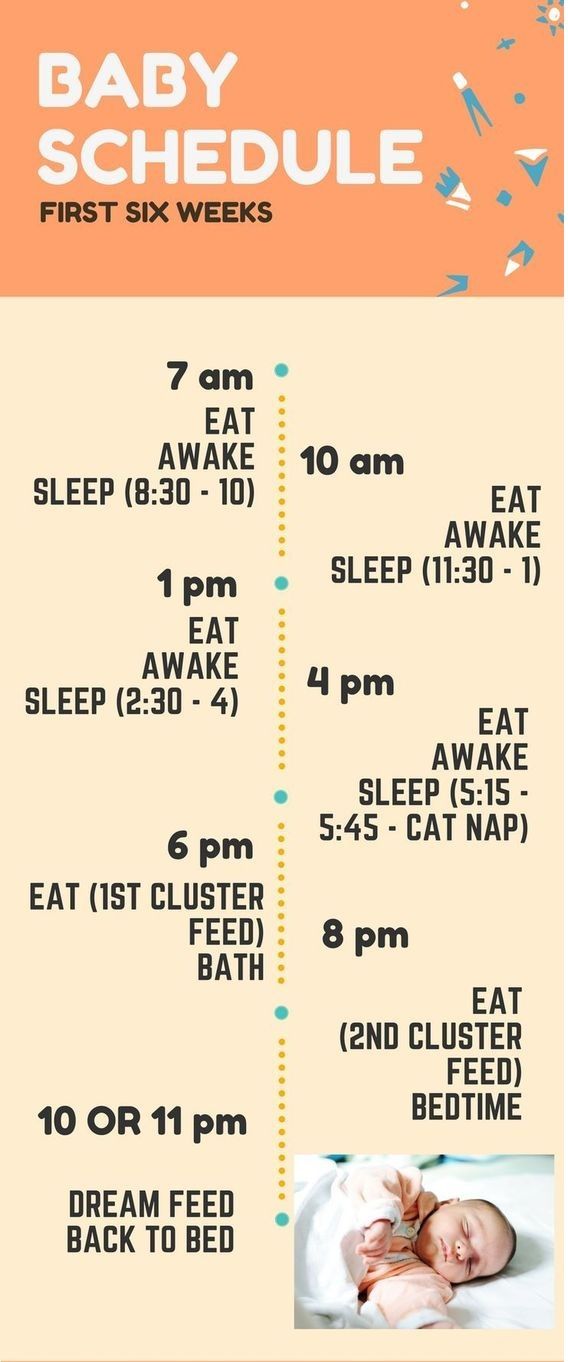 What is a second screening?
What is a second screening?
Determination of the sex of the child
Find out how to determine the sex of a child at an early stage, whether it is possible to plan the sex of a baby, and what factors indirectly affect the conception of a boy or girl.
Pregnancy and childbirthTests and examinations during pregnancy
Pregnancy and childbirthSex during pregnancy
Is it possible to have sex during pregnancy, what should be taken into account, what positions to choose?
Child nutritionVitamins and minerals during pregnancy and breastfeeding
Putting order in our knowledge about what vitamins and minerals and in what quantity are necessary for the health of the child, and what foods contain them.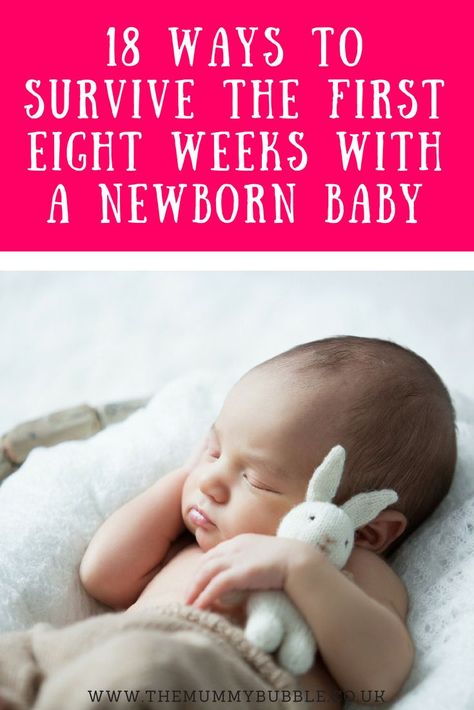
Eating Right During Pregnancy
How to create a healthy diet for a pregnant woman, what vitamins should be present in the diet, how much liquid should be drunk, what drinks to prefer and what to avoid, what foods are considered harmful for pregnant women and how to keep weight under control while staying in a good mood.
28 weeks pregnant - what's going on, fetal development, belly at 28 weeks pregnant
WHAT'S HAPPENING
Most of the pregnancy is over, but the development and improvement of the baby continues. From this time, subcutaneous fatty tissue (hypoderm) begins to form. It helps the body to keep warm, fat reserves and vitamins A, E, D, K, and also softens blows, indirectly affects the process of hematopoiesis and is involved in the biosynthesis of the hormones estrogen and leptin.
By 28 weeks of pregnancy, the baby has developed its own regime, and you can already observe when he sleeps and when he is awake. During the day, the child usually rests, and in the evening, when the mother wants to lie down, she develops vigorous activity. Also, the activity of your son or daughter may increase after eating or when you are nervous. Be sure to control the movements of the fetus: the optimal indicator is 10 times within an hour. If there are fewer of them (even the smallest movements are taken into account), this is a cause for concern, as is the excessive activity of the child.
YOUR WELL FEELING
At the 28th week of pregnancy, you may still be disturbed by various disorders of the gastrointestinal tract: heartburn, constipation, stool disorders, stomach cramps. Proper nutrition and the use of foods rich in fiber will help to cope with discomfort.
Your growing belly makes it uncomfortable to sleep, difficult to walk, and difficult to sit. Starting from 27-28 weeks of pregnancy, wear a support bandage: it will help relieve tension from the spine. Also, for the prevention of back pain, special gymnastics for pregnant women is useful - this is a great way to strengthen muscles. In addition to discomfort in the lower back, sometimes there is pain in the area of the pubic joint. This is a sign of stretching of the ligaments and muscles under the weight of the enlarged uterus.
At the 28th week of pregnancy, the stomach may pull a little. Weak intermittent spasms are a symptom of Braxton-Hicks training contractions. Also at this time, there is a high probability of breathing difficulties, especially when climbing stairs and long walks. This is due to the fact that the uterus supports the diaphragm. After childbirth, shortness of breath and other discomfort will disappear.
By the 27th - 28th week of pregnancy, not only the stomach increases - you can notice how the volume of the hips and buttocks has grown. And there are swelling of the hands and feet. To prevent them, stick to a salt-free diet and drink lingonberry or cranberry fruit drinks: these drinks help to gently remove excess fluid from the body.
RISK FACTORS
At the 28th week of pregnancy, rapid weight gain is highly undesirable, since it may indicate the presence of hidden edema in the body and late toxicosis (gestosis). If you have symptoms such as headaches and dizziness, flickering "flies" before your eyes, nausea, vomiting, high blood pressure, you may develop preeclampsia.
At this time, there is a danger of placental abruption, as indicated by acute, severe pain in the lower abdomen and the appearance of blood from the genital tract, but in some cases, bleeding is also internal.
Also at the 27th - 28th week of pregnancy, the risk of premature birth remains relevant. Most often they occur in women suffering from gynecological diseases or some diseases of the internal organs. Pregnant women who experience severe late toxicosis also belong to the risk group. At this time, the birth process that has begun cannot be stopped, you need to carefully monitor your condition. In case of premature birth, slight aching pains in the lower abdomen (sometimes radiating to the lower back) may appear, then they become cramp-like and become regular.
Painful sensations do not pass under a warm shower or in a supine position and are accompanied by a waste of amniotic fluid. In this case, you need to urgently call an ambulance. If the baby is born at 28 weeks of gestation, he has a fairly good chance of surviving. However, this will require special care with the use of special equipment and equipment.
MEDICAL SUPERVISION
At the 28th week of pregnancy, standard procedures are carried out: blood pressure is measured, the size of the pelvis, weight and height of the expectant mother are determined. The doctor also listens to the baby's heartbeat and checks how the fetus is located in the abdomen.
As usual, you need to do a complete blood and urine test, take a test for glucose tolerance, take a test for the level of iron in the blood. If a woman has a negative Rh factor, an injection of immunoglobulin can be made at 28 weeks of pregnancy, which helps prevent the development of an Rh conflict between mother and baby, and a blood test for antibody levels is also taken.
Regular medical examinations allow you to timely notice the appearance of abnormalities (late toxicosis, diabetes, edema, the risk of premature birth), as well as see the leakage of amniotic fluid. This phenomenon is rare, but it is very dangerous. Leakage of amniotic fluid at a period of 27-28 weeks of pregnancy is a sign of a violation of the integrity of the fetal bladder, which means that any infection can penetrate the child. In addition, even the smallest "leak" is fraught with a breakthrough of the membranes and premature birth, and if you do not have time with medical help, the consequences can be sad. You can determine the leakage of amniotic fluid yourself if you constantly monitor the amount of vaginal discharge. If you have the slightest suspicion, contact your doctor immediately.
RECOMMENDATIONS
At 28 weeks pregnant, try to move smoothly so as not to lose balance and fall. When preparing for bed, lie on your left side with your knee bent to your chest. This position will be comfortable for both you and your baby.
Nutrition should be balanced and regular. Eat small meals 5 times a day. The daily amount of calories at the 27th - 28th week of pregnancy is no more than 3100, and most of them should be consumed in the morning. And in order to control weight and not overeat, think over the menu in advance. Eating before bed is not recommended, but if you experience a strong feeling of hunger, eat an apple, drink a glass of kefir or warm milk with honey.
Keep in mind that simple carbohydrates add weight, so cut down on sweets, baked goods, potatoes, white rice, and chocolate. The basis of the diet is foods containing complex carbohydrates:
- Cereals, all except semolina;
- Whole grain pasta;
- Low sugar fruits - apples, grapefruits, kiwis, peaches, pears;
- Vegetables - all types of cabbage, squash, tomatoes, bell peppers, onions and leeks;
- Greens - spinach, lettuce.
At a period of 28 weeks of pregnancy, many expectant mothers feel fear of the upcoming event - the birth of a baby, which is quite normal and natural. And to get rid of anxiety, study information about childbirth. A huge number of women go through this process, and you will succeed too.
In addition to fear, there may be sudden mood swings caused by hormonal changes. To improve your condition, try to get more positive emotions: watch good films, communicate with friends, spend time with relatives, attend concerts, theaters, go to the movies.
To cheer up, you can go shopping - things for the baby or new clothes for pregnant women. It is important that your wardrobe consists of comfortable and spacious things, and the fabrics from which they are sewn are natural. Pants and skirts are better to choose with laces, and not with elastic bands; as for shoes, they should be on a low, stable heel.
If you haven't signed up for future parenting courses yet, it's time to do so at 27-28 weeks pregnant. In the classes you can get useful information about childbirth and tips on caring for your baby.
Seventh month of pregnancy: changes in the female body and fetal development by week
Breast-feedingAll About Breastfeeding
Let's dispel the most popular misconceptions about breastfeeding.
How to choose birth preparation courses
Tavat Merdalieva
Obstetrician-gynecologist, lactation consultant
Pregnancy and childbirthSports during pregnancy
What is the use of sports during the period of expectation of a baby and which sport to choose?
Pregnancy and childbirthPsychology of pregnancy and motherhood
Positive attitude and overcoming fears during pregnancy, psychological hygiene and well-being of a woman.
